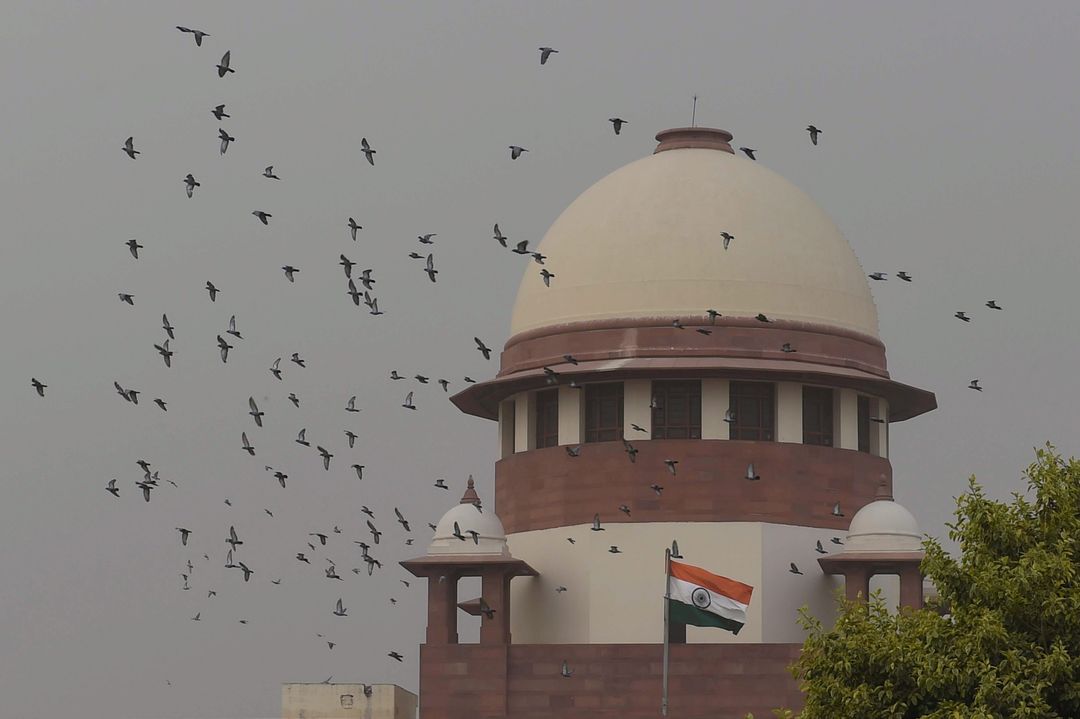
New Delhi, Feb 3 (PTI) – The Supreme Court of India has ruled that all disabled candidates are entitled to avail the assistance of scribes in examinations, irrespective of whether they meet the benchmark disability criteria. The verdict, delivered on Monday by a bench comprising Justices J B Pardiwala and R Mahadevan, places the onus on the central government to ensure "proper and just" implementation of the guidelines.
A benchmark disability, as defined by government authorities, refers to individuals with 40% or more of a specified disability. However, the court clarified that this should not be a restrictive condition for accessing the scribe facility.
"The guidelines issued by the Centre, following the directions of this court, must be enforced uniformly. The benefits extended to persons with benchmark disabilities (PwBD) must also be made available to all persons with disabilities (PwD) while appearing for examinations," the bench observed.
Key Directives of the Supreme Court Order
- Revision of Guidelines: The Centre must amend the office memorandum dated August 10, 2022, to remove restrictions and grant relaxations in a fair and reasonable manner.
- Uniform Implementation: All authorities, recruitment agencies, and examining bodies must strictly adhere to the updated guidelines, with periodic monitoring.
- Awareness and Training: Sensitisation drives should be conducted in educational institutions to ensure smooth execution of the provisions.
- Grievance Redressal Portal: A dedicated platform must be set up for candidates to lodge complaints, allowing them to seek resolution before approaching the courts.
- Extended Scribe Certificate Validity: The current six-month validity period for scribe certificates must be extended, particularly to benefit rural candidates. Candidates should also be given adequate time before the examination to become familiar with their assigned scribe.
The ruling came in response to a Public Interest Litigation (PIL) filed by candidate Gulshan Kumar, who sought the right to a scribe, compensatory time, and other disability-related facilities for banking examinations.
This landmark decision is expected to significantly ease challenges faced by disabled candidates in competitive examinations across the country.
